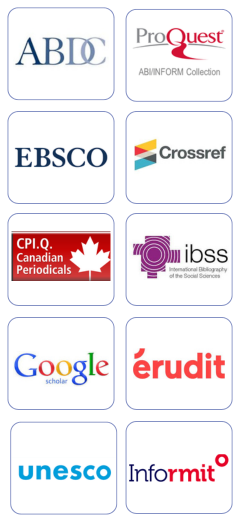The Great Economics Debate and Business Strategy
Abstract
Successfully navigating the public policy landscape of the 21st century is becoming an essential pre-requisite for businesses operating in a national and global environment. Public policy plays a key element in defining the operational parameters within which businesses can succeed or fail. The reason being that in the process of formulating and implementing their public policy response to the contemporary hot button issues, governments are also defining the microeconomic landscape and shaping the business environment within which businesses operate. The global financial crisis of 2008 triggered the Great Recession. The financial contagion effect impacted severely on national and multinational corporations, most national economies, triggered massive unemployment, created social tensions and revealed the limitations of the contemporary economic governance architecture. The public policy dilemma faced by most countries has been textured by two cataclysmic events- the global financial crisis and the Great Recession. These events have triggered an epic economic debate. On the one side are the proponents of fiscal austerity in order to combat fiscal deficits. On the other side are the advocates of a fiscal stimulus that will contribute to economic growth. Developing a potent business strategy under these policy options is a challenge for all national corporations and most global enterprises. The current and near future business environment is best described as being uncertain and volatile. This is compounded by the current business climate which is defined by a weak consumer sector, slumping natural resource prices and stumbling national economies such as that of China.Downloads
Published
2016-05-03
How to Cite
Passaris, C. E. (2016). The Great Economics Debate and Business Strategy. Journal of Comparative International Management, 18(2). Retrieved from https://journals.lib.unb.ca/index.php/JCIM/article/view/24543
Issue
Section
RESEARCH ARTICLES
License
Papers accepted become the copyright of the journal, unless otherwise specifically agreed.



